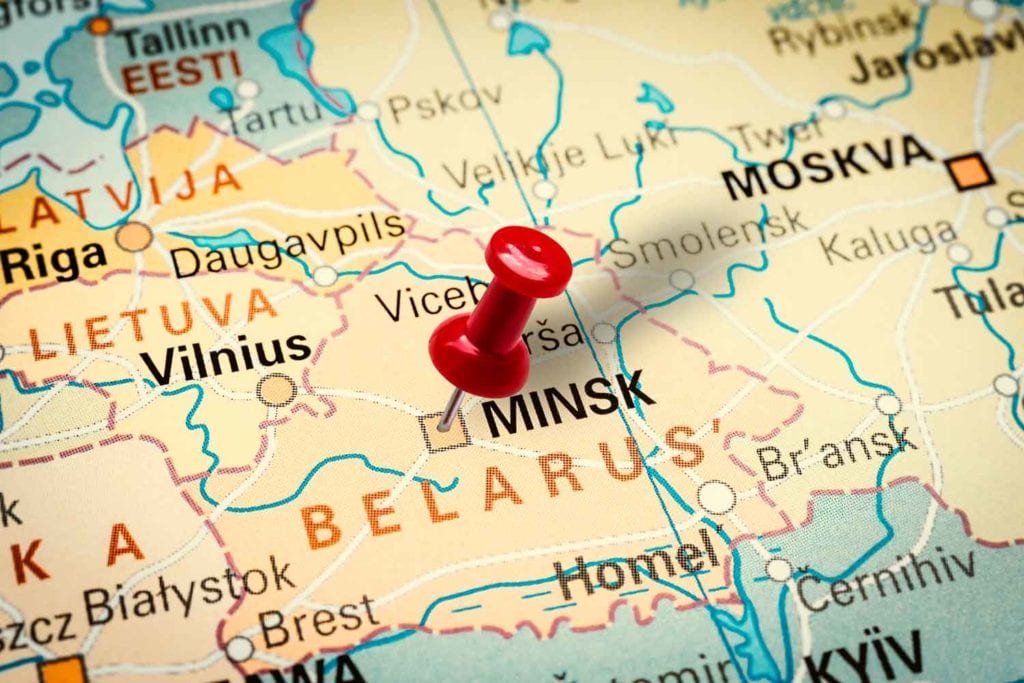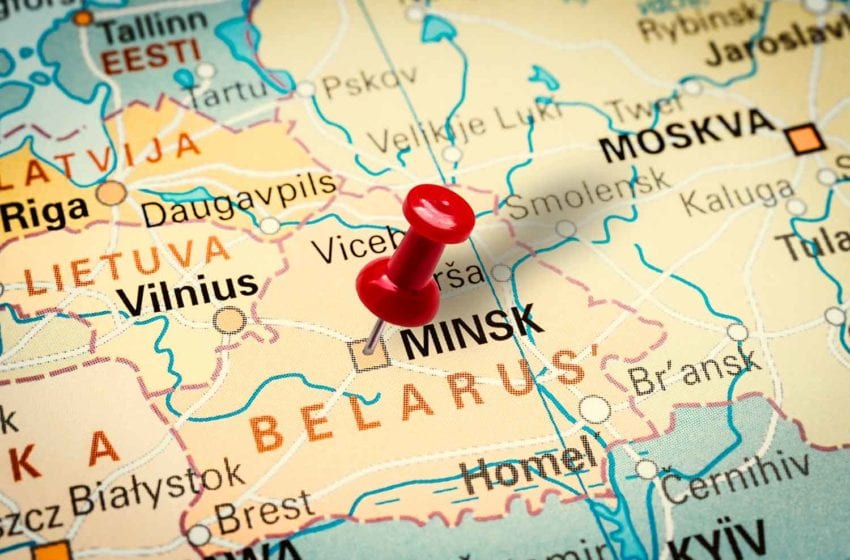
New economic sanctions placed on Belarus by the European Union focused on seven economic sectors, which include petroleum, finance, arms and surveillance technology, and the nation’s tobacco-processing business.
Belarus’ lucrative tobacco-processing industry—the source of a flourishing trade in cigarettes smuggled to the EU—was also targeted with bans on exporting to Belarus goods used in the manufacture of tobacco products. The goods listed include filters, cigarette papers, tobacco flavorings and machinery.
Belarus is a dominant player in cigarette smuggling, which rebounded recently with the increase in EU excise duties on cigarettes and the banning of menthol cigarettes in the bloc. With the average price of a pack of cigarettes in Belarus running the equivalent of about $0.80 compared to $4.30 in Latvia and much higher in other parts of the EU, there is plenty of room for profit in smuggling.
Cigarettes are a huge moneymaker for Belarus and for one of the country’s richest men, Alyaksey Aleksin, who now finds himself among the 166 individuals blacklisted from traveling or doing business with the EU. Aleksin, who was involved in the construction of a new tobacco factory in Minsk, is a major player in the distribution of cigarettes in Belarus and in recent years by presidential decree gained the exclusive rights both to import tobacco and to sell products both at home and abroad produced by the Hrodno Tobacco Factory, Belarus’ largest cigarette manufacturer.











